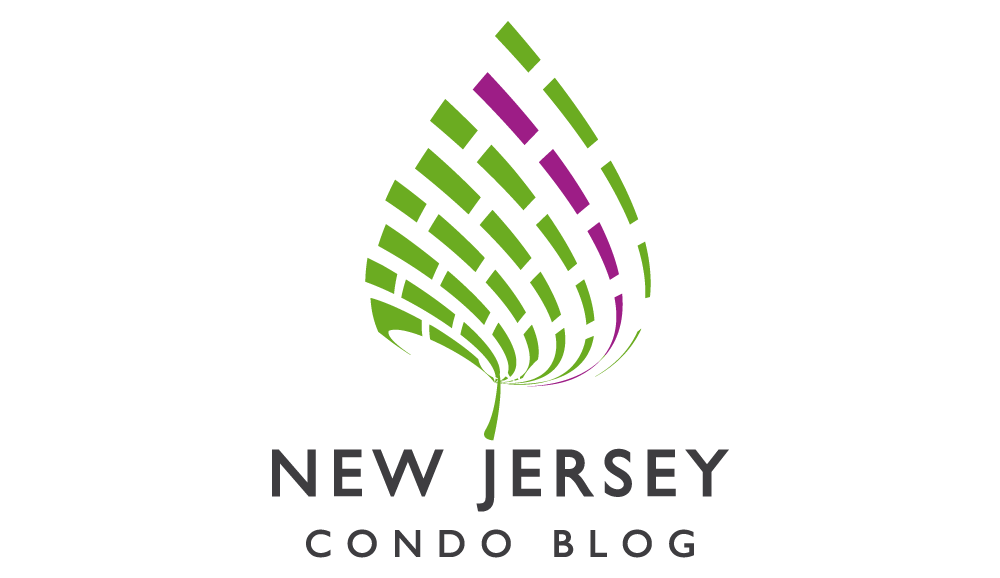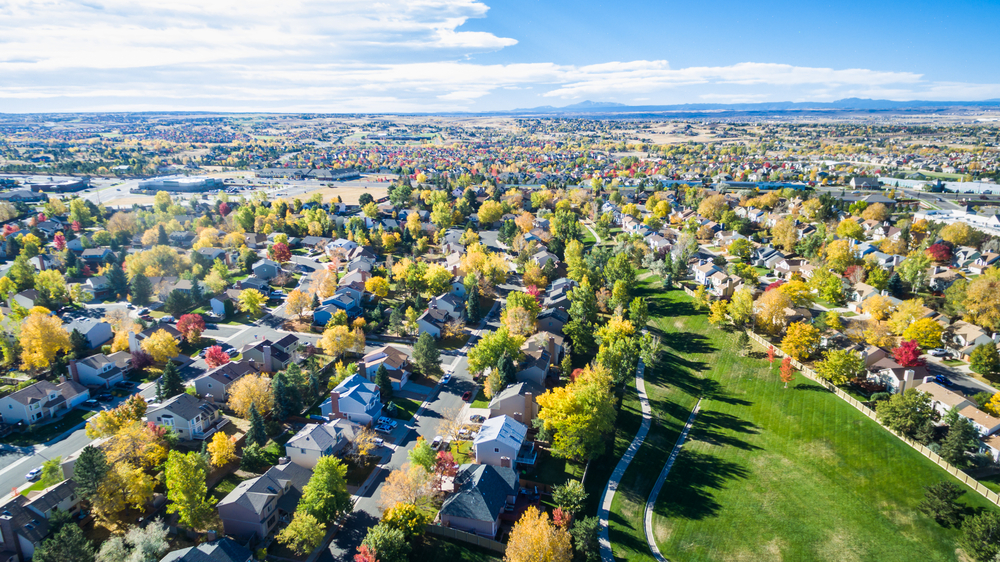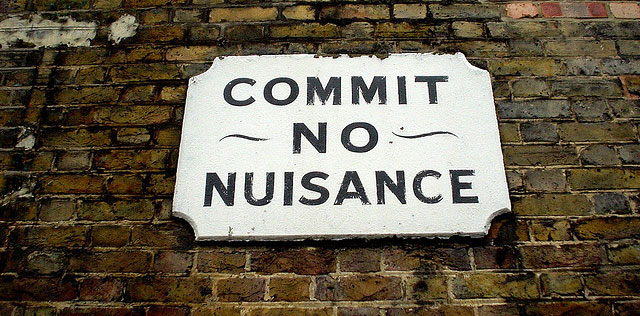The “Pay Now Litigate Later” Principal Applies to Property Tax Appeals for COAH Condominium Units
In an unpublished letter opinion dated June 17, 2014, the New Jersey Tax Court ruled that the owner of a condominium unit, subject to COAH restrictions, was required to pay the taxes in full prior to challenging the amount of the tax owned. Lafayette Navesink Homes, L.L.C. v. Borough of Rumson, Docket Nos. 016024-2012; 010718-2013 (June 17, 2014)
In the Navesinkcase, the plaintiff argued that the tax payment required should be relaxed since the units were state mandated affordable housing units. The plaintiff appealed the assessment to the Monmouth County Board of Adjustment which affirmed the assessments.
At the time, the complaint was filed with the Tax Court to appeal the assessment, taxes were due on the units. One of the arguments proffered by the plaintiff, and rejected by the Tax Court, was that the taxes on the COAH units were disproportionate to the rents received and should, therefore, be relaxed “in the interests of justice”.
The Court reiterated what is referred to as the “pay now litigate later” principle that is “well established” with local property tax assessments. Lafayette Navesink Homes, LLC v. Borough of Rumson at page 4 citing, Woodlake Heights Homeowners Association, Inc. v. Township of Middletown, 7 N.J.Tax364, 366 (App. Div. 1984). The statutory requirement that taxes be paid in full prior to challenging the liability for same “insures the that the flow of municipal revenues will not be interrupted by the filing of tax appeals”. Route 88 Office Association v. Township of Brick, 13 N.J. 14, 21 (Tax 1992)
The basic takeaway is that COAH status, standing alone, will not suffice to satisfy an “interest of justice” determination.






